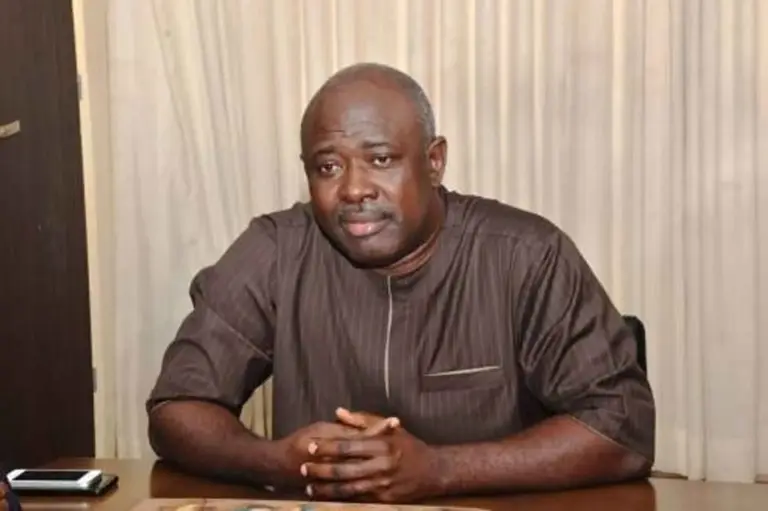The Federal Government of Nigeria has announced plans to enforce the “drill or drop” provisions of the Petroleum Industry Act (PIA), targeting the takeover of idle oil assets that have been abandoned by oil companies for extended periods.
This was disclosed by the Minister of State for Petroleum Resources (Oil), Senator Heineken Lokpobiri, during his address at the Cross Industry Group (CIG) Meeting in Florence, Italy. Lokpobiri emphasized that this move is part of the government’s ongoing efforts to boost oil production in Nigeria.
Taking Back Idle Assets
According to Lokpobiri, the government can no longer afford to allow oil assets to remain inactive for 20 to 30 years without any development. He warned that if companies are not utilizing their assets, they are not benefiting the country, nor adding value to their books. As a result, the government will reclaim these underutilized assets and allocate them to investors willing to develop and use them.
“We cannot continue to have assets sitting idle for 20 to 30 years without development. If you are not utilizing an asset, it neither adds value to your books nor to us as a country. We will take back these assets and allocate them to those willing to invest,” Lokpobiri said.
Encouraging Collaborative Measures
In a bid to optimize resources, Lokpobiri encouraged industry players to explore farm-out agreements and collaborative measures to maximize existing assets. He advised that smaller firms could develop underutilized assets or share infrastructure, especially when facing the high costs of new Floating Production Storage and Offloading (FPSO) units.
“Explore collaborative measures such as shared resources for contiguous assets, farm-outs, and the release of underutilized assets to operators ready to invest in production. Otherwise, we will take back these assets,” Lokpobiri stated.
Call for Increased Investment from Oil Majors
The Minister also urged International Oil Companies (IOCs) to ramp up their investments in Nigeria’s oil and gas sector. He highlighted that the government had introduced new fiscal incentives aimed at attracting more capital into exploration and production, with a focus on deep-water exploration. Lokpobiri emphasized that while the government had created an investment-friendly environment through executive orders, it was now up to the IOCs and other operators to commit to significant investments.
“The government has done its part by providing the requisite fiscal policies. Now, the ball is in the court of the IOCs and other operators to make strategic investment decisions that will drive increased production and sustainability in the sector,” Lokpobiri added.
A Response to Nigeria’s Production Challenges
Despite being Africa’s largest oil producer, Nigeria struggles to increase its production due to infrastructure decay, oil theft, and underinvestment. By enforcing the drill or drop policy and offering incentives, the government aims to revitalize the sector, improve domestic energy security, and maintain international oil exports.
Osagie Osunbor, the Chairman of the Oil Producers Trade Section (OPTS), commended the government’s engagement with industry players, acknowledging the need for increased investment and greater efforts to boost production.
Outlook
The government hopes that these measures will lead to a more productive oil sector, ensuring sustained production and economic growth, while also addressing the country’s energy security challenges.

